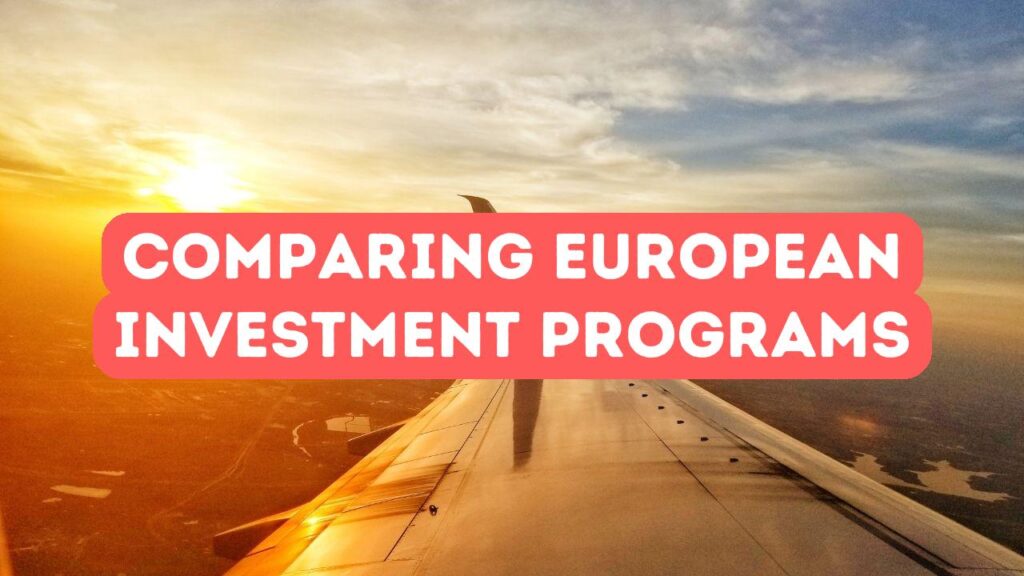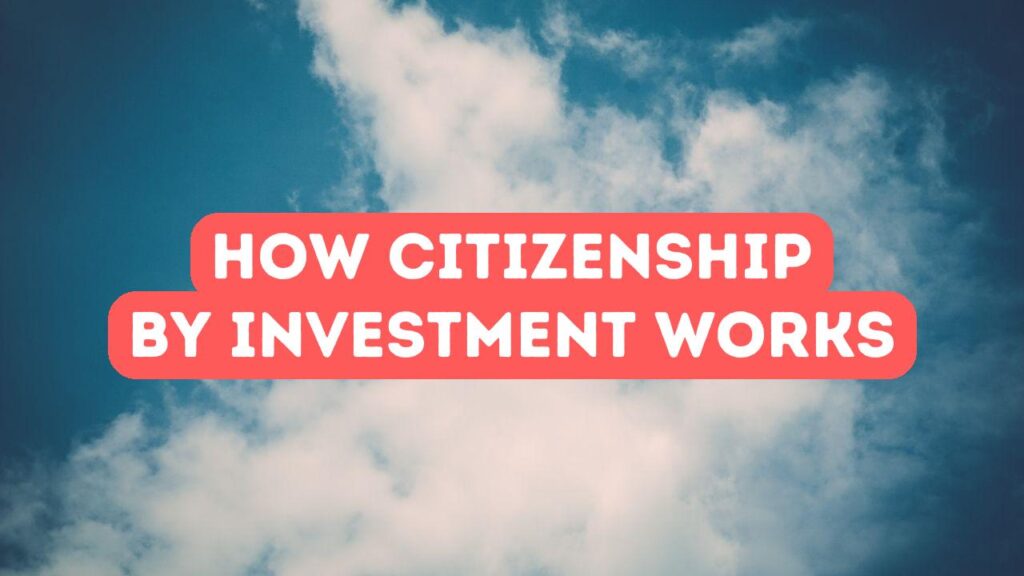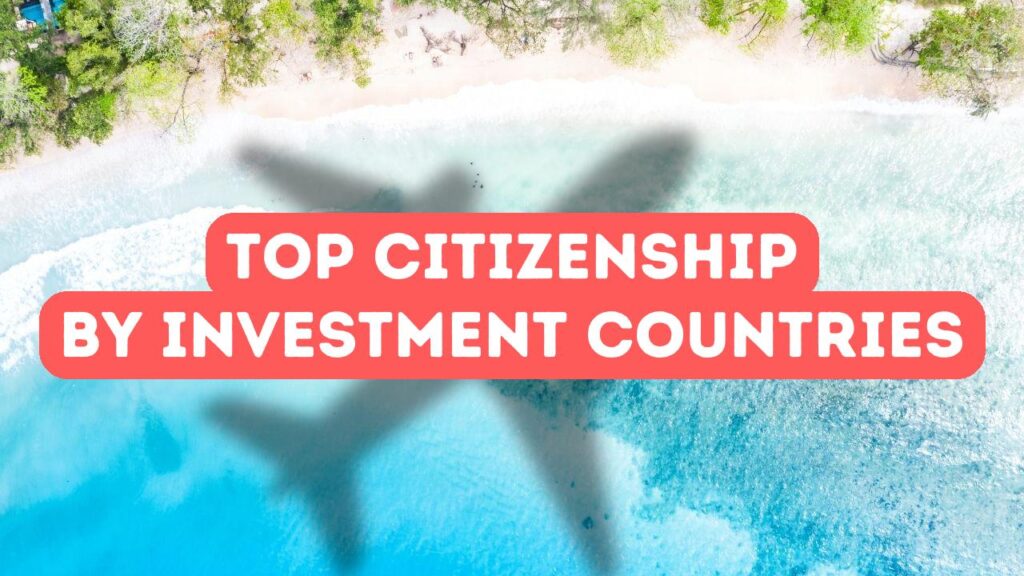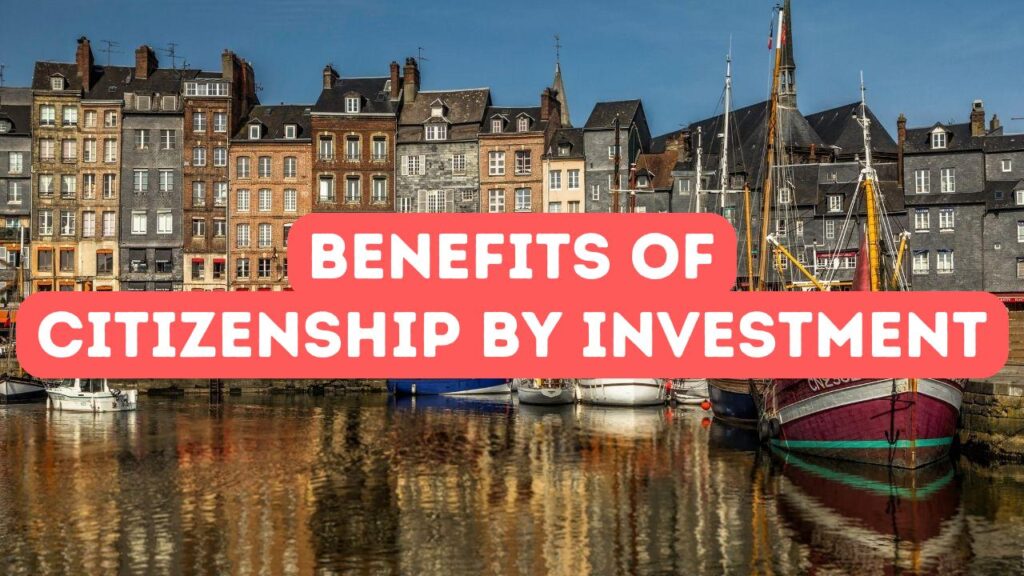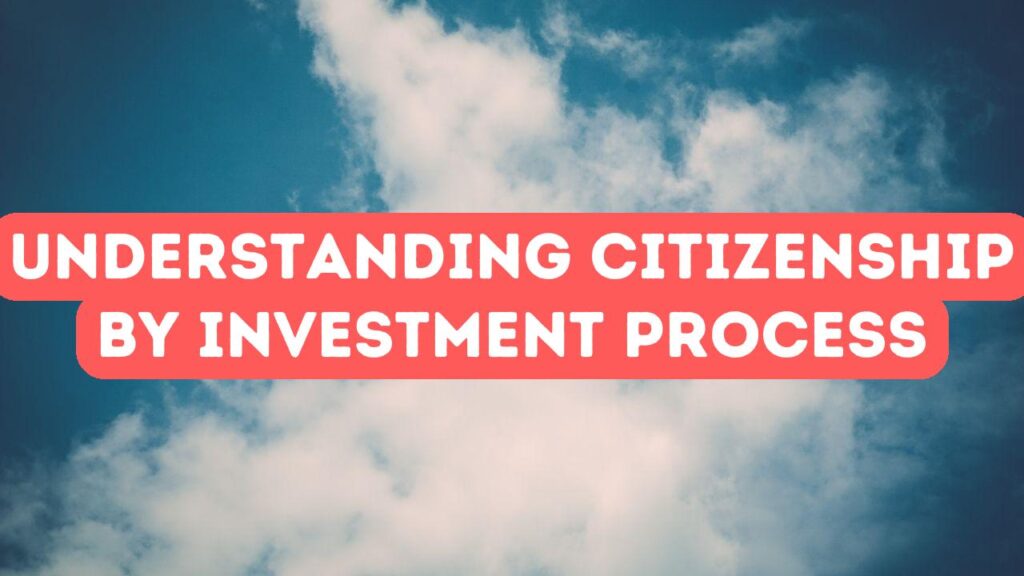In an increasingly globalized world, acquiring an alternative citizenship or residence is a strategic asset for international investors and high-net-worth individuals. Among the most prominent options, Europe stands out with its diverse range of Citizenship by Investment (CBI) programs, each offering unique benefits and pathways to prosperity. From the Mediterranean charm of Malta to the robust financial ecosystem of Cyprus, European CBI programs provide not only the allure of obtaining an EU passport but also access to thriving markets, superior education systems, and unparalleled mobility. This comparative analysis aims to elucidate the nuanced differences, eligibility criteria, and long-term advantages of Europe’s leading CBI programs, empowering investors to make informed decisions tailored to their global aspirations.
Benefits and Highlights of Leading European CBI Programs
One of the standout benefits of European Citizenship by Investment (CBI) programs is the access they provide to the European Union’s vast and integrated market. By obtaining citizenship from an EU member state such as Malta or Cyprus, investors gain the privilege of living, working, and studying in any of the 27 EU countries. This transforms into unparalleled mobility, with visa-free or visa-on-arrival access to numerous countries worldwide. Beyond geographic freedom, investors and their families can benefit from superior healthcare systems, esteemed educational institutions, and stable political climates. Moreover, these programs often include attractive tax incentives and business opportunities, allowing investors to optimize their financial portfolios while enjoying a high standard of living. Each program’s unique attributes cater to diverse investor priorities, making Europe a compelling destination for those seeking both lifestyle enhancement and strategic financial advantages.
Focusing on the specifics, Malta’s Citizenship by Investment program stands out due to its rigorous due diligence and relatively swift processing time, usually taking about 12 to 14 months. The program requires an investment in real estate, government bonds, and a contribution to a national development fund, ensuring that investors contribute holistically to the Maltese economy. Cyprus, on the other hand, offers one of the fastest routes to EU citizenship with a processing time of six to eight months, contingent on substantial investments in real estate or Cypriot businesses. Both programs notably extend citizenship to family members, including spouses, children, and in some cases, parents, thus securing a broader generational advantage. These features underscore the tailored approach of each country’s CBI program in meeting the varied requirements of global investors, be it through a fast-track pathway or comprehensive economic integration.
Expanding beyond Malta and Cyprus, other European nations also offer compelling Citizenship by Investment opportunities tailored to different investor needs. For instance, Portugal’s Golden Visa program, while primarily a residency-by-investment option, provides a pathway to citizenship after five years without requiring permanent residency, appealing to those who prefer flexible living arrangements. Greece offers a comparable Golden Visa with relatively low investment thresholds, attracting investors with its rich cultural heritage and strategic location. Montenegro’s Citizenship by Investment program provides an appealing option for its fast processing times and the potential for future EU membership, offering investors both immediate and long-term benefits. Each of these programs highlights Europe’s diverse array of investment options, allowing international investors to select a pathway that aligns best with their personal and financial aspirations. This selection underlines Europe’s position as a prime destination for those seeking to secure a prosperous and versatile future through Citizenship by Investment.
Key Considerations for Investors Seeking European Citizenship
When considering European Citizenship by Investment programs, investors must carefully evaluate several key factors to ensure their choice aligns with their long-term goals and expectations. Economic stability and political climate of the host country play crucial roles in safeguarding investments and ensuring a secure future. Additionally, understanding the financial requirements and associated costs, including minimum investment thresholds, processing fees, and potential hidden charges, is imperative to avoid unforeseen expenses. Furthermore, investors should assess the residency obligations, which vary significantly across programs—some may require physical presence while others offer more flexibility, impacting personal and professional commitments.
Another pivotal consideration is the timeline for gaining citizenship and the overall efficiency of the application process. Programs like those in Malta and Cyprus are renowned for their swift processing times, often granting citizenship within a year, which can be particularly advantageous for investors seeking to capitalize on timely business opportunities or global mobility. Conversely, countries such as Portugal and Spain offer residence permits through their Golden Visa programs, which may lead to citizenship but typically necessitate a longer commitment, often requiring several years of residency and continuous legal status. Understanding these timelines, along with potential bureaucratic hurdles and the availability of expedited services, is critical to ensuring that the chosen program meets both immediate and future needs.
Cultural integration and lifestyle implications also play a vital role in selecting the ideal European CBI program. Investors should consider language barriers, cultural differences, and the overall quality of life in potential host countries, as these factors can significantly influence personal and family well-being. For instance, countries like Spain and Portugal offer a rich cultural heritage, pleasant climates, and vibrant expatriate communities, making them attractive options for those looking to immerse themselves in a dynamic and welcoming environment. Moreover, access to superior healthcare and education systems are other critical aspects that can affect the decision-making process, particularly for investors with families. Ultimately, a holistic evaluation of these cultural and lifestyle factors, in conjunction with financial and legal considerations, will empower investors to select a program that not only meets their investment objectives but also enhances their personal life experiences.
Comparative Analysis of Eligibility Criteria and Investment Requirements
When comparing the eligibility criteria and investment requirements of European Citizenship by Investment programs, it’s essential to note the distinct variations that cater to a range of investor preferences. For instance, Malta’s Individual Investor Programme mandates a combination of economic contributions including a significant non-refundable donation to the National Development and Social Fund (NDSF), investment in stocks or bonds, and the acquisition or leasing of real estate. On the other hand, Cyprus’s CBI program primarily focuses on real estate investment, requiring applicants to purchase property worth at least €2.5 million, paired with a donation to the government’s Research and Development Fund and the Land Development Organisation. These differing requirements highlight the tailored approaches each country adopts to attract foreign investments, thus providing detailed pathways suited to different investor profiles and financial strategies.
Portugal’s Golden Visa program offers a strikingly flexible alternative through various investment routes. Applicants can qualify by making a minimum €500,000 real estate purchase, though options exist for reduced investment thresholds in cases of property situated in low-density areas. In addition to real estate, investors may choose to transfer €1 million in capital, create at least 10 jobs, or invest €350,000 in research, technology, or cultural projects. Unlike the more substantial financial commitments required in Malta and Cyprus, Portugal’s varied investment options cater to a broader spectrum of financial capacities, offering streamlined pathways while maintaining its competitive edge as an attractive destination for international investors seeking both residency and potential citizenship after five years.
Spain presents yet another compelling option with its Golden Visa program, which requires a minimum real estate investment of €500,000, akin to Portugal, but with additional pathways that include investing €1 million in Spanish business ventures or €2 million in government bonds. Notably, Spain extends its program benefits not only to the principal applicant but also to their immediate family members, without any requirement for minimum stay periods during the initial residency phase, thereby offering flexibility to those maintaining international commitments. This program is particularly attractive for investors looking to capitalize on Spain’s vibrant economy, renowned healthcare, and top-tier educational institutions. Moreover, Spain’s favorable taxation policies and seamless integration into the Schengen Zone amplify its appeal as a gateway to broader European opportunities, making it a strategic choice for investors focused on long-term benefits and lifestyle enhancements in Europe.

